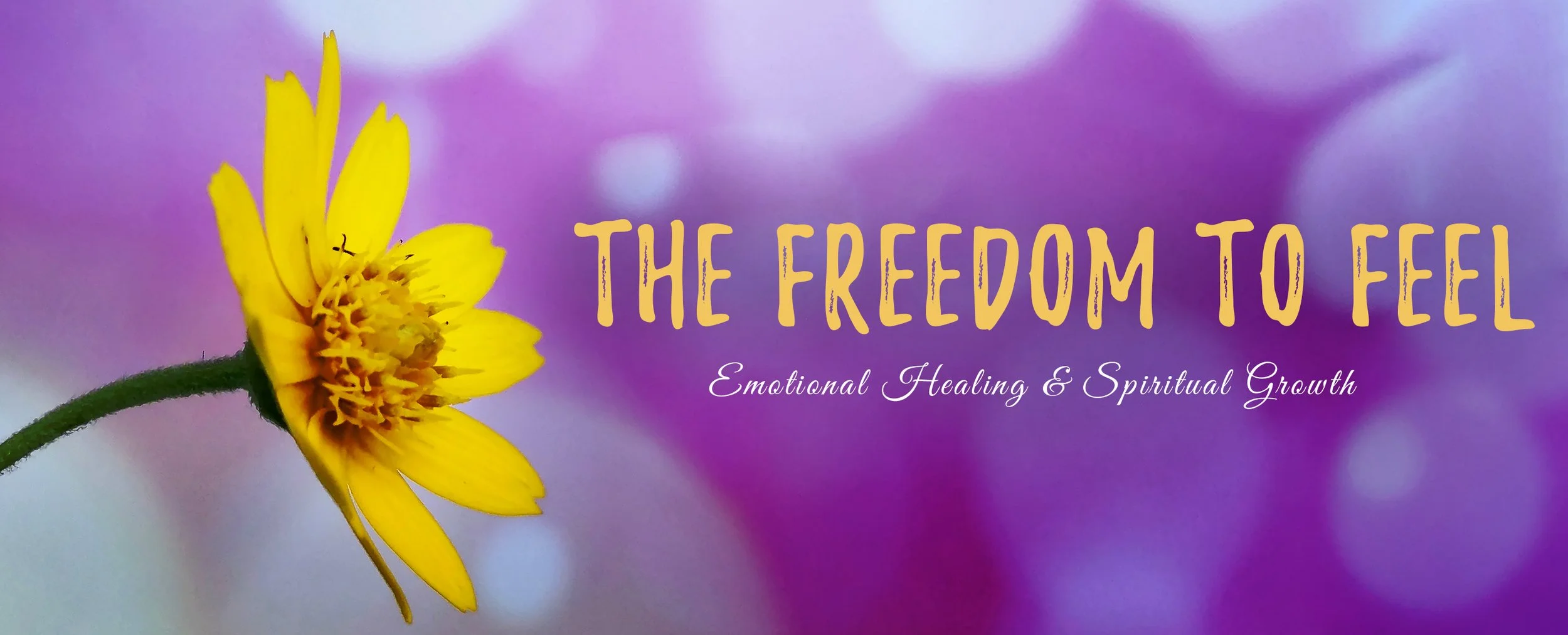When we think of poker, we have myriad frames of reference to draw from. It's been part of the American landscape for generations; from the cowboys of the Old West shooting cards in a saloon, to the landscape being literally reimagined with Las Vegas turning from a sleepy staging post to the behemoth for all things entertainment it is today. When we think of smoky backroom bars or the lights and noise of the casinos of the Strip, though, we don't necessarily think of poker as being a game of strategy, mindfulness, and goal attainment.
However, the image of the hard-drinking, cigar-chomping poker player has now largely fallen by the wayside, and today's top professionals look after both body and soul. World Series of Poker bracelet holders Daniel Negreanu and Andrew Lichtenberger have both been vegan for over a decade, with the latter penning a book, The Yoga Of Poker covering topics such as joy, health, and love. On love, he muses that "Living and playing poker with an unconditionally loving attitude and outlook is a life-changing experience to uplift and expand consciousness of yourself and those around you". Can poker help frame our worldview in order to attain our goals?
Control
Poker, like life, is a scenario where we cannot choose the hand we're dealt. The best-laid plans to a goal can be cast adrift by circumstance, or as Mike Tyson put it, "Everybody has a plan until they get punched in the mouth". While our goals are under constant pressure from life sometimes getting in the way, not every path is linear. A good poker player will know how to roll with the punches, be mindful of where their hand may be going, and not have good money chase bad. As new scenarios crop up in life, we can control our reaction to them, and decide whether they're something to pursue or not.
Honest assessment
As we've looked at, it's very important to have the mindfulness to harness ‘The Power Of Listening To Yourself Without Judgement’. While it's easy (and sometimes tempting) to become one's own harshest critic, too much negativity can make goal attainment seem a forlorn and far-off task. However as a poker player will constantly countenance during a game, we need to be aware of our own strengths, alongside our own weaknesses. Everything in life involves some amount of risk. If our goal is to get a new job, that's going to open us up to the possibility of rejection. Poker.org carries a great bit of advice, namely 'check your ego at the door'. Weigh up the probabilities of success. If they're high, go for it. If they're a longer shot, consider folding, waiting for the next opportunity and re-strategizing.
Continuous maintenance
Motivation and willpower can only take us so far. We're human, we'll always have bad days and something that may have progressed us to a goal could slip by unnoticed. If thinking (from the psychological concept of conditional reasoning) has us be mindful to act that if X happens then I will do Y. A poker player will do this continually throughout a game and likely mostly unconsciously as they analyze the cards that are turned - 'I have a King and a two in my hand’. If the next card the dealer turns is a King then I will place a large stake. If it is a two, then I may place a smaller stake. If it is neither,then I will fold. At the poker table, these actions happen instantaneously, however when working towards a goal, events tend to be more drawn out. Forbes.com proposes using mindfulness and associative stimulus to help work towards where we want to be - e.g. if our goal is to be more active and perhaps lose some weight, then take the stairs instead of using the elevator. If we continuously refer back, then the sight of an elevator door, perhaps in a building new to us, should become a cue for the brain to look for the stairs.
Poker has a fairly simple goal. The player wants to win the pot, and draws on strategies, knowledge and techniques to (hopefully) get themselves to that point. At all times, awareness of self and external factors are key. The principles of overcoming problems to come to a solution in poker can be extended far beyond the card table.
Written by Louis Mills


